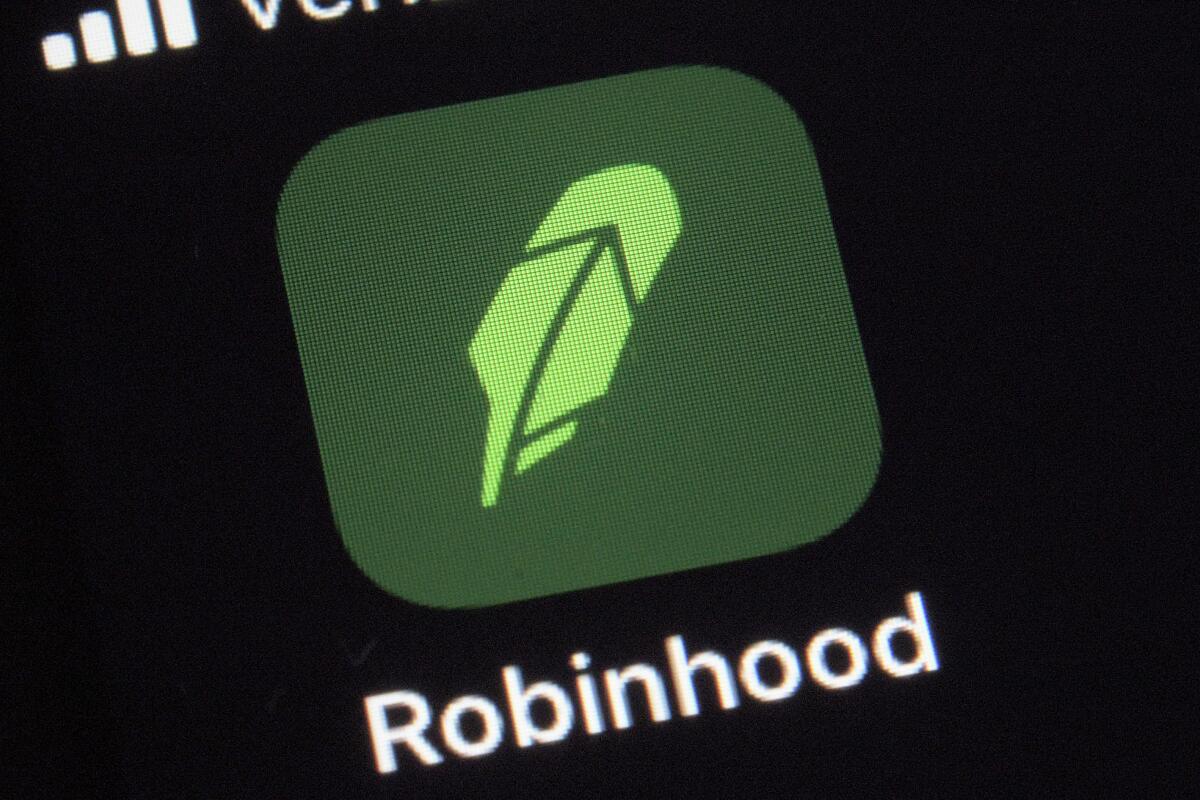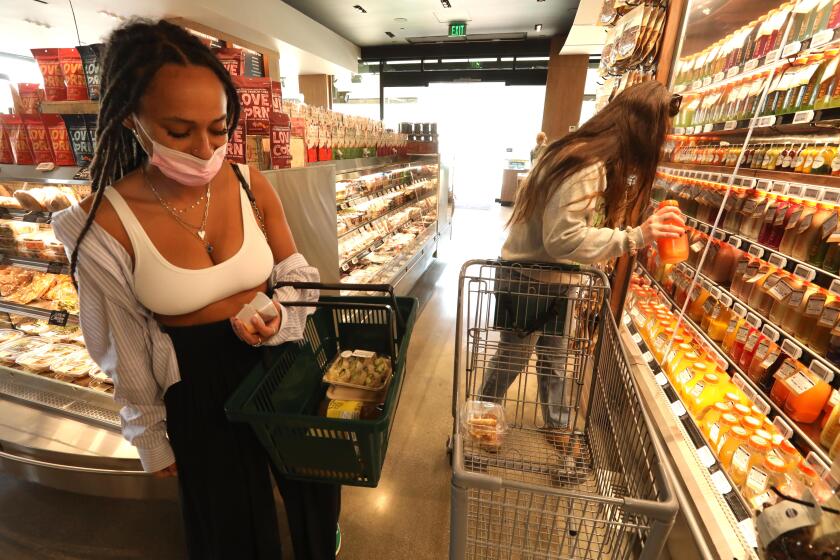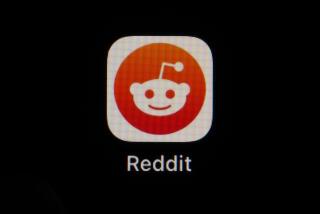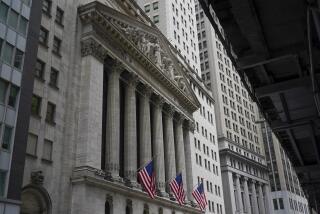Once-hot IPOs stumble as market volatility picks up

A banner year for tech-related initial public offerings is poised to go out on a sour note as returns dwindle in a surge of stock market volatility that’s prompted a flight to quality among investors.
More than 130 technology IPOs raised more than $60 billion in the U.S. this year, record hauls for both metrics, according to data compiled by Bloomberg. They accounted for about one-third of the entire IPO market, excluding special purpose acquisition companies and direct listings. Recent trading returns, however, have been lackluster.
Although behemoths such as Apple Inc. are on a record-setting spree, many newly listed tech entrants are still lagging. Software IPOs in particular have been pummeled amid broader concerns that higher interest rates will put pressure on the group’s lofty valuations.
Elite grocery chain Erewhon is embarking on an aggressive expansion in Southern California. Started as a humble bulk grains outlet, its cult success is rewriting the rules of the supermarket business.
This year’s software IPOs surged by an average of 23% during their first month of trading, according to data compiled by Bloomberg. All of that rally has been erased after new listings took the brunt of the last week’s wild market swings.
Take Viant Technology Inc., for example. The maker of advertising software surged 75% in its first month of trading, but has now fallen about 60% below the offering price.
Three of the last four software debuts have fallen 30% or more from their offering prices, based on Wednesday’s closing price. Grab Holdings Ltd. is also trading down since it went public by merging with a special purpose acquisition company at the beginning of the month.
If not reversed, the weakness may threaten appetite for IPOs during the final weeks of December and at the start of 2022, Bloomberg Intelligence analyst Alison Williams wrote in a note.
“Recent equity market volatility bears watching after equity-price strength and generally muted volatility has supported issuance levels so far this year,” she said.
Didi Global Inc.’s IPO ranks among the year’s biggest flops. The value of the ride-hailing giant’s shares have been sliced in half since its June offering amid regulatory pressure in China that prompted an announcement from Didi last week that it plans to delist from the New York Stock Exchange.
A gold pocket watch said to have been made for J.P. Morgan disappeared, prompting a hunt that plunged into the baroque world of high-end antiquities.
Robinhood Markets Inc., the brokerage that became synonymous with the rise in retail trading last year, has fallen 40% amid slowing growth. Healthcare platform Oscar Health Inc. has lost nearly three-quarters of its value since its March offering.
Of course, there have been plenty of big winners. Roblox Corp., the owner of a popular video-game platform, has soared 178% since it began trading in March as users continue to surge. Fintech company Affirm Holdings, which offers buy-now, pay-later programs for shoppers, has rallied more than 150% since its January debut.
Having little to show for revenue hasn’t stopped young electric-vehicle makers from rallying. Rivian Automotive Inc., whose IPO last month was the biggest of the year, has gained 51%. Lucid Group Inc., which began trading in July after merging with a blank-check company, is up about 70% since then.
More to Read
Inside the business of entertainment
The Wide Shot brings you news, analysis and insights on everything from streaming wars to production — and what it all means for the future.
You may occasionally receive promotional content from the Los Angeles Times.












